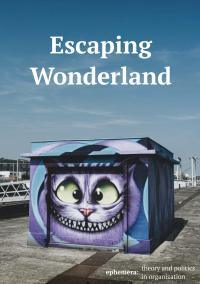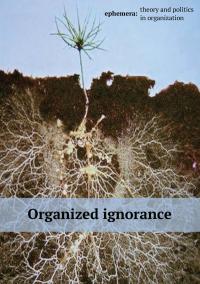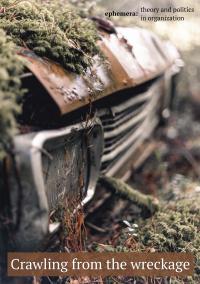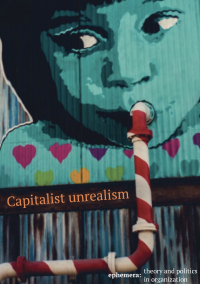debate
The myth of metaphysical enclosure: A second response to Adam Arvidsson
My initial response to Adam Arvidsson’s excellent and provocative essay entitled ‘The Potential of Consumer Publics,’ was met by the author with a thoughtful response in which he provides, I think in very helpful ways, some clarification about the politico-ideological underpinnings of his notions of the productive consumer public and the reputation (or ethical) economy (see also Arvidsson, 2008; Arvidsson, 2009). As his defense against my charges illustrates, Arvidsson represents a position that, with Žižek, we could call ‘Fukuyamaist’.
Thinking beyond neo-liberalism: A response to Detlev Zwick
To do critical theory used to be fairly straightforward. The existing order of things – Global Capitalism, Consumer Society, Late Capitalism or State Monopoly Capitalism – could be criticized for its shortcomings in relation to an actually existing alternative. This alternative did not have to be fully realized to exist. It was enough that the ideas that it embodied (socialism, free love, authentic human relationships) moved the imaginations of a multitude of people for the alternative to be real (at least in the Hegelian sense of that term).
Utopias of ethical economy: A response to Adam Arvidsson
When sociologist Adam Arvidsson writes about marketing and consumption we should pay attention. His 2005 essay ‘Brands: A critical perspective’ and his 2006 book Brands: Meaning and value in media culture have become seminal pieces in the field I call the critical cultural studies of marketing, which includes scholars from a wide range of academic disciplines such as critical management studies, sociology, history, marketing, media and cultural studies (see e.g. Zwick and Cayla, 2011).
The potential of consumer publics
We are used to thinking of consumption as a private affair. Social theory and economics have classically understood the formation of the needs and desires that drive consumer action as something that occurs outside of the public domain; beyond the space of deliberation, driven by ‘the stomach or the fancy’ as Marx put it.




